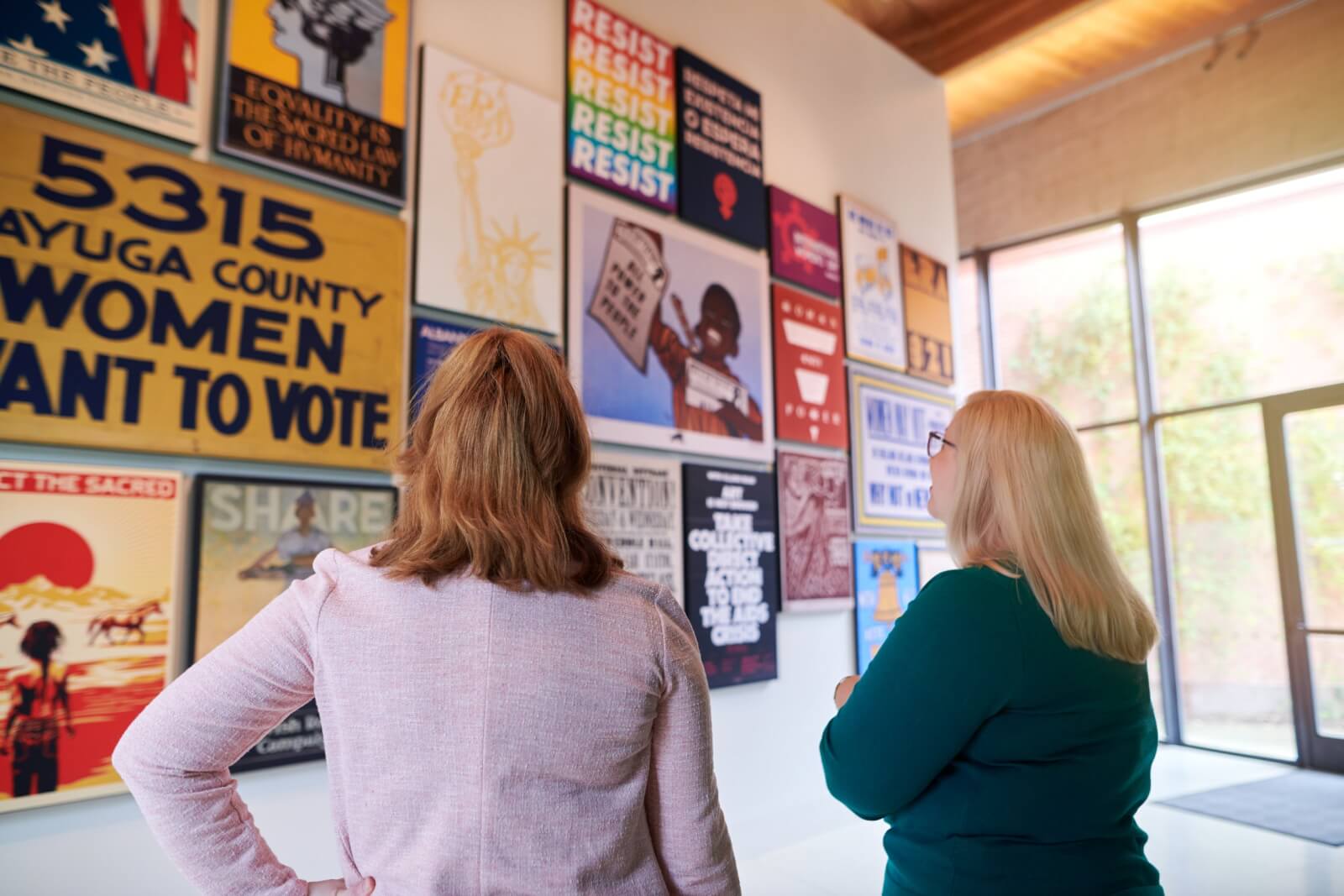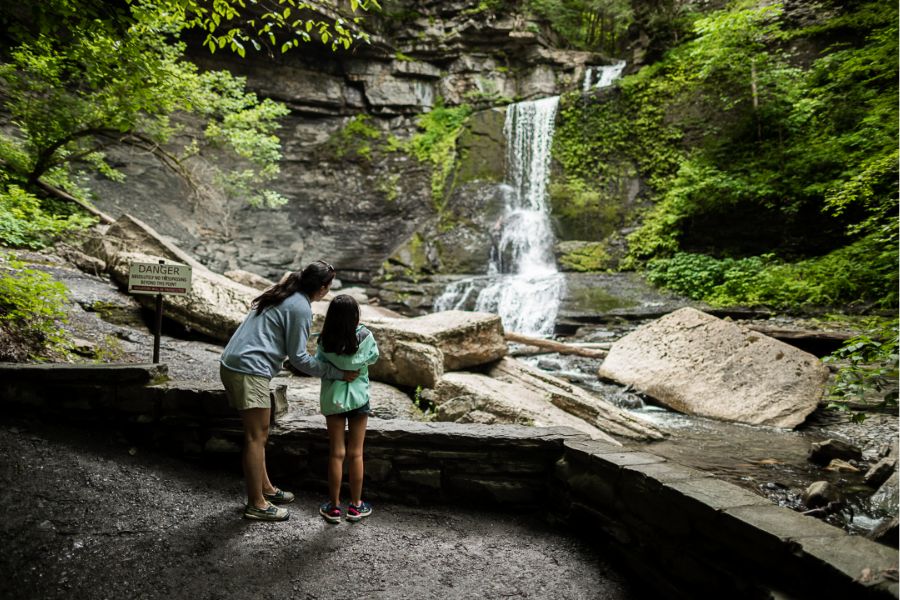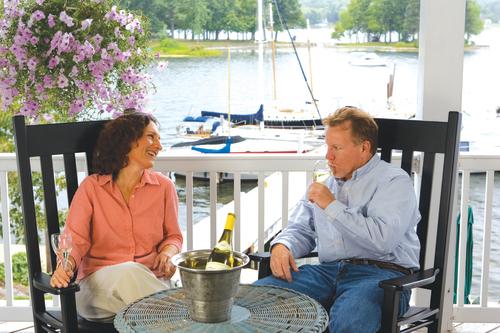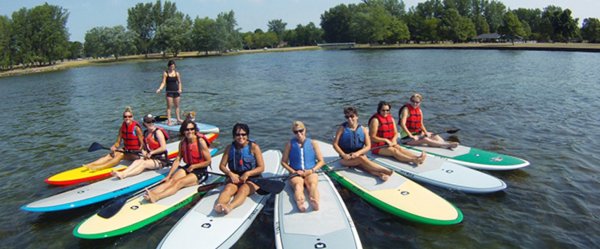
Sustainable Tourism
We have all heard the term sustainable, it’s become quite a buzzword lately, but what does that really mean and how can we achieve being a sustainable tourist.
Sustainable tourism is defined by the United Nations World Tourism Organization as “tourism that takes full account of its current and future economic, social and environmental impacts, addressing the needs of visitors, the industry, the environment and host communities.” Simply put sustainable tourism is defined as a kind of tourism that has more positive than negative impacts. Sustainable and responsible tourism makes the community that you are visiting a better place for all.
To be a good tourist, be mindful of your behavior and show respect to others and to property. These positive actions will create a positive impact on the destination you’re visiting and its local communities.

The main charges of sustainable tourism are (what the destination does/encourages): For the tourist it means that when you visit a community you can be sure that that the destination is conscious of creating the best, authentic experiences possible.
- Protecting the environment, natural resources, and wildlife (carry in, carry out)
- Providing socio-economic benefits for communities who live in tourist destinations. (shop & support local)
- Conserving the cultural heritage of the area and creating authentic tourist experiences (uplift & celebrate local culture & history)
- Bringing tourists and local communities together for mutual benefit
- Creating inclusive and accessible tourist opportunities. (physically accessible and welcoming to all)

To make your visit more meaningful here are a few tips on how you can be a more responsible tourist:
- Don’t be shy. Try your best to engage with the local people you meet through words or actions.
- Leave no trace. Dispose of all trash in the proper place.
- Contribute to the local economy. Shop and dine locally. By buying local you help keep jobs in the community and help decrease pollution and waste. Since local products don’t need to travel far, they help reduce carbon emissions. They also require far less packaging than products shipped across the country thus reducing waste.
- Bring along an open attitude. Remember even the best planned vacations encounter a few glitches.
- Learn about the local customs and traditions of the destination you are visiting.
These tips will help create a positive travel experience for both you and the communities you visit, fostering a more sustainable and responsible tourism industry.

In closing, sustainable tourism is not just a trend; it’s a movement that holds the promise of a brighter and more responsible future for the travel industry and the world. When you travel, remember that every choice you make as traveler can have a lasting impact on the places that you visit and the communities you engage with. We can all shape the future of travel into one that is sustainable, and respectful of the planet and its people.